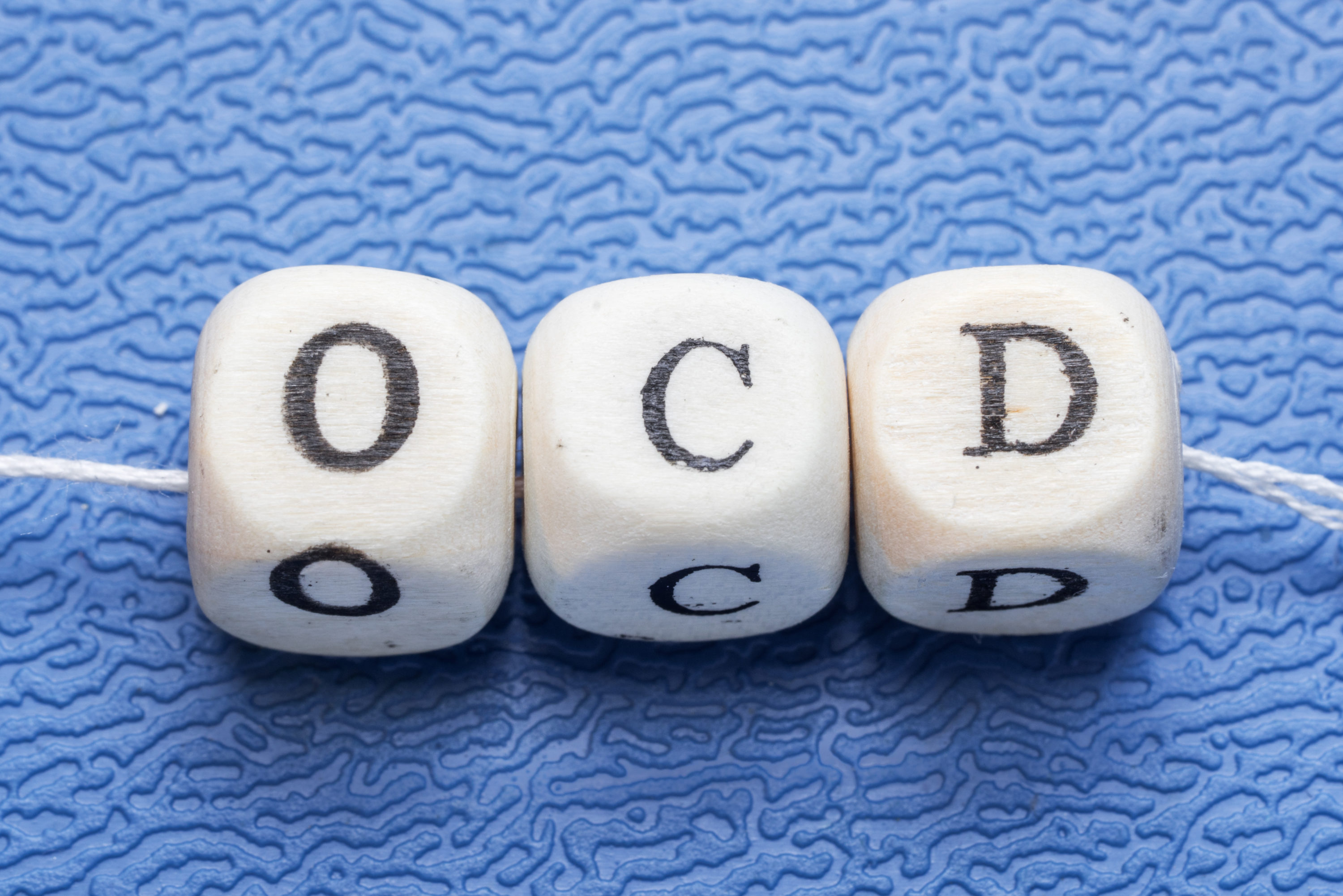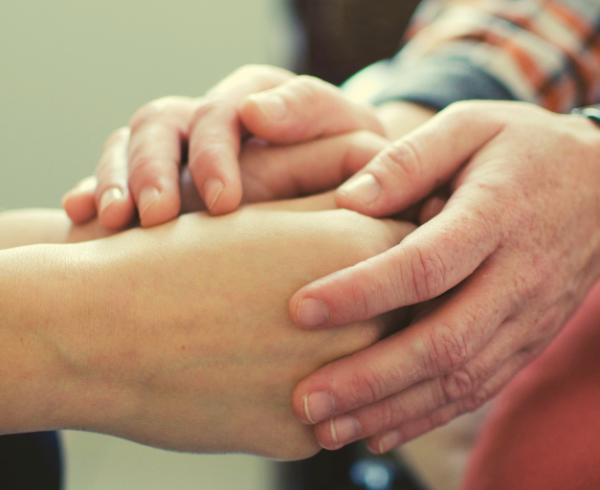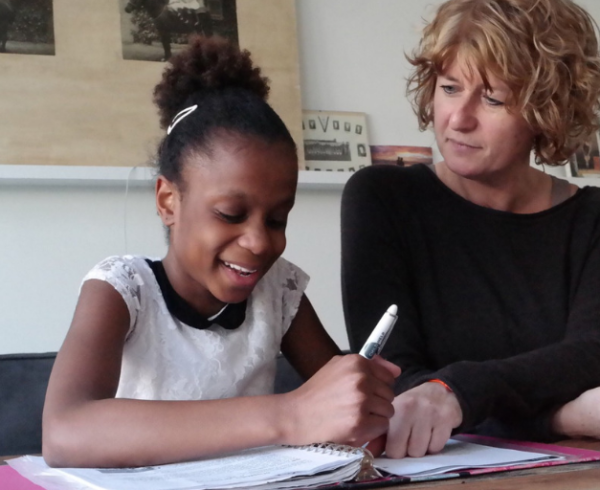
All of us have weird or unwanted thoughts at times, but what if your mind got stuck on certain thoughts or images? And no matter what you did it replayed them over and over again. And what if along with these thoughts or images came intense feelings of anxiety? That is what OCD is like. OCD or Obsessive Compulsive Disorder is an anxiety disorder in which repeated, unwanted thoughts or images are produced along with a strong urge or desire to make them stop. OCD symptoms are divided between obsessions: recurrent unwanted thoughts, images or impulses and compulsions: repetitive behaviours or mental acts that an individual feels driven to perform in order to stop the thoughts and/or reduce the anxiety caused by the obsession. Some common obsessions include fear of being contaminated by germs, or dirt, fear of being hurt, fears of hurting others or yourself even though you don’t want to, sexual acts, being overly tidy, or about making mistakes. Common compulsions include: washing, checking, re-reading, re-writing, and excessive reassurance seeking (seeking reassurance from yourself or from others.)
Why does this happen?
Anxiety is the body’s warning system. It makes you feel anxious in order to let you know you are in danger. It tells you this so you can respond, or save yourself. While the system is amazing when there is real danger, it also goes off when there is imagined danger. If you have OCD the warning system in your brain is not working correctly and your brain keeps telling you that you are in danger even when you “know” that you are not. Good news is the faulty alarm can by fixed.
What can you do?
OCD is treatable and people who suffer from it can live a normal life following treatment. For example, the following are celebrities who have revealed they have lived with OCD: Howie Mandel, Daniel Radcliffe, Cameron Diaz, Megan Fox, and Justin Timberlake. Cognitive Behavioural Therapy (CBT) and medication are two evidence-based, recommended treatments for OCD.
CBT for OCD involves two steps, neither or which is easy but if done right can help someone suffering with OCD to fix their faulty alarm so it only goes off when it needs to. The first step is Exposure, meaning exposing yourself to the thoughts, images, objects and situations that make you anxious and/or start your obsessions going. The second part is Response Prevention, meaning making a choice not to do a compulsion once the anxiety about the obsessions has been “set off.” This may sound to you like a terrible idea…at first.
Why would I do this?
Keep in mind that in OCD the compulsive behaviors are attempts to keep yourself safe when that anxiety alarm goes off. If you were in real danger (intruder breaks in), the behaviours (hide under the bed) would keep you safe, but in OCD, the danger isn’t real (the wind at the door makes a sound that triggers a worry about intruders) and the compulsions (checking all the doors) just reinforces the brain’s idea that you must be in danger. In other words, compulsions feed that part of your brain that gives out all of the false alarm signals. Therefore, in order to reduce your anxiety and your obsessions, you have to make a decision to stop the compulsive behaviours. When you are ready to do that, we can help.








Recent Comments